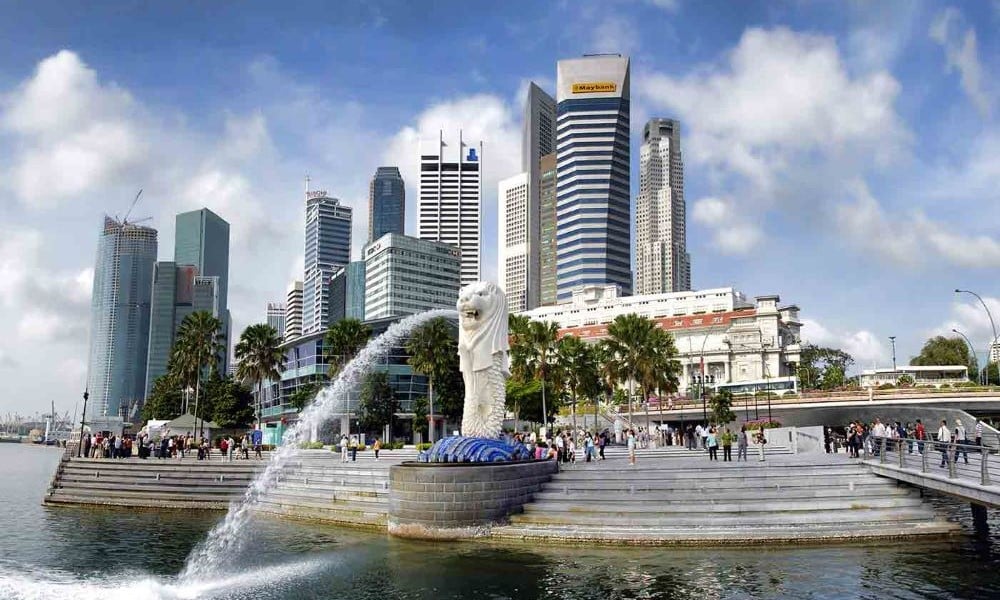Singapore’s core inflation remained steady at 3.1% in May, unchanged from April and March, according to data from the Monetary Authority of Singapore (MAS) and the Ministry of Trade and Industry (MTI) released on Monday (24 June).
On a year-on-year (y-o-y) basis, the MAS Core Inflation rate held at 3.1% in May.
The stability in core inflation was due to a balancing act between increased services inflation and decreased inflation in electricity, gas, and retail & other goods. Month-on-month (m-o-m), the core Consumer Price Index (CPI) edged up by 0.1%.
Meanwhile, the CPI-All Items inflation saw a rise to 3.1% y-o-y in May, up from 2.7% in April. This increase was largely driven by higher private transport inflation.
On a m-o-m basis, the CPI-All Items increased by 0.7%.
Key Drivers of Inflation
The rise in CPI-All Items inflation was primarily due to higher private transport inflation, as the prices of cars and motorcycles increased, alongside a faster rise in petrol prices.
Services inflation also edged up, driven by a larger increase in holiday expenses and a smaller decline in airfares.
Food inflation remained broadly unchanged, reflecting stable food services inflation, despite a modest increase in non-cooked food inflation.
Conversely, electricity and gas inflation fell due to a smaller increase in electricity prices. Retail and other goods inflation edged down, mainly because of a slower pace of increase in the prices of personal effects and alcoholic beverages & tobacco.
Accommodation inflation eased, attributed to smaller increases in housing rents.
Global and Domestic Influences
Globally, the prices of energy and most food commodities have remained relatively stable in recent months.
The costs of Singapore’s imported intermediate and final manufactured goods have continued to decline broadly. Inflation for services associated with overseas travel has stayed firm but is expected to moderate over the year as global air transport and hospitality sectors restore supply.
The gradually strengthening Singapore dollar trade-weighted exchange rate should continue to temper imported inflation in the coming months.
Domestically, increases in unit labour costs have slowed with the cooling labour market.
Despite this, businesses are likely to continue passing through earlier increases in labour and other business costs to consumer prices, though at a reduced pace.
MAS Core Inflation is expected to stay on a gradual moderating trend for the rest of the year, with a more discernible step down in Q4 2024 as import cost pressures decline and domestic labour market tightness eases.
Outlook for 2024
Private transport inflation is anticipated to moderate this year amid a larger projected Certificate of Entitlement (COE) supply. Accommodation inflation should also ease as the supply of rental housing units increases.
For 2024, both headline and core inflation are projected to average between 2.5% and 3.5%. Excluding the transitory effects of the 1%-point increase in the GST rate to 9%, headline and core inflation are expected to come in at 1.5% to 2.5%.
However, risks to the inflation outlook remain. Potential fresh geopolitical shocks, adverse weather events, and further transportation disruptions could increase global energy and food commodity prices and shipping costs.
Domestically, a stronger-than-expected labour market could lead to a re-acceleration in wage growth. Conversely, an unexpected weakening in the global economy could induce a greater easing of cost and price pressures.

